Home » The Civics of the Kratom Consumer Protection Act

The Civics of the Kratom Consumer Protection Act
- Anthony Dent, Founding Member
- No Comments
-How the idea of a bill to protect Kratom Consumers is being implemented by the American Kratom Association in states across the country
I’m just a bill.
Or so the refrain goes.
I hope most of you, like me, were inundated in grade school with the legendary chorus of the song in which a crusty piece of parchment bemoans his lot in life on the steps of the Capitol. I still wake up with this song blaring in my head.
But unlike Mr. Bill, the item of discussion is hardly an exercise of archaic procedure. The Kratom Consumer Protection Act, a bill being pushed in statehouses across the country, is a bold piece of legislature which takes lessons from the past in an attempt to protect the future of the kratom community.
So how does this all work?
A Bill is Born
As soon as the 2016 fiasco between the FDA, DEA, and an outraged populace settled down and saw a just status quo maintained for American kratom users, the American Kratom Association – fresh off a victory which earned it significant political capital – saw an opportunity to push the issue, but in the other direction. Where the FDA had utterly failed to present any facts which gave its wishy witchhunt any credibility, the American Kratom Association – or AKA – planned to use the same strategy to curtail any further attempts to attack the kratom community.
The AKA saw how cannabis – a somehow far more controversial substance which had also been victimized by deceptive government agencies – was making legislative progress across the nation. Armed with the recent momentum of public support, the AKA began drafting the Kratom Consumer Protection Act, or KCPA.
This is where a bill is born. An organization which now has credibility and an upgraded roster of political actors intersects with a burgeoning need of the public and popular support can provide the social infrastructure for the creation of a bill. The AKA knew what was being targeted; the AKA is a marshaling of defensive legislation intended to protect these vulnerabilities.
Onto the Statehouse
Now, bills are no small thing.
They are cumbersome, filled with exacting language and painful turns of phrase. Such illuminating language such as, “heretofore, in compliance with such statues state but not limited to or pursuant to forthwith adjudicated clauses…” While it may seem like jargon to inflict apathy upon the laymen, it is in fact this exact language which offers exact protections.
The sponsoring group – in this case the AKA – presents the bill in a statehouse. In some states, kratom may be illegal as it is on the basis of some misbegotten pork barrel addendum, which presents its own set of difficulties(Though, encouragingly, the AKA is having great success in these states). But in all states, the AKA endeavors to have a state legislator sponsor the bill; in other words, a sitting member of the state government, like a state senator, puts their name behind the bill and advocates for it. This provides the bill with the push it needs.
When proposed, the bill heads to a committee. Instead of having the entire statehouse pore over each of a thousands clauses, a smaller group relevant to the bills topic will go over each aspect of the bill. Certain areas may be refined or clarified. Others may be struck. The bill, having first started from the public, now gets a political combover by those with knowledge of how the state laws work; this is important, as the complex web of state laws can be unbalanced by one wayward bill, which could create legal issues, contradictions, and so forth.
For example, one provision of the KCPA states that the Department of Agriculture will address issues with vendors who do not comply with provisions. The Committee discusses how the DOA functions in their state and how it may run afoul of their own state laws in how they typically address issues of commerce. When these issues have been settled, the bill is ready to be voted on.
The Vote
Well, not quite. The Bill still needs to be considered and understood by the legislators who will be voting on it. “Readings” as they are known will present the bill and its provisions to the floor. Members can inquire about specifics. This will often spark debate. This debate can be… interesting.
We’ve seen in the last four years a new side of American political and social function; absolute polarization. While the federal level seems paralyzed, most Americans are surprised to learn that most of their day-to-day lives are impacted more by local and state laws. For example, states like Texas don’t have income tax. That’s a local law with enormous impact on an individual, and causes many workers and businesses to move to Texas. Some states have laws favorable to certain industries; South Dakota, for example, is the headquarters of most Credit Card agencies, due to certain laws which make their operation easier.
So one can appreciate the difficulty of crafting a law that not only appeals to both political parties, but is functional across all 50 states.
Thankfully, when facts are on your side, things seem to go well.
The AKA has seen tremendous success in bringing these bills to vote, and seeing votes pass successfully, based on the strength of their facts in presenting the case for kratom. They point to mounds of anecdotal evidence; consistent evidence of efficacy and safety; even a potential salve in the brutal opioid epidemic.
The AKA even has a respected industry insider – a former FDA high ranking official – leading the charge in Mac Haddow.
This is why wherever the KCPA goes, it makes it to the floor for vote, and so far, has been on the winning side of numerous battles.
The Lobby
The vote goes from the House, to the Senate, with debate interspersed.
Compromises are made back in smaller committees, if needed. It heads back to the floor for the vote.
Should it pass, it makes its way to the Governors desk. While they can veto it, they rarely do, as the state legislator can overrule the veto if they need too, and the governor doesn’t want to see his or her authority tested if they can avoid it.
During this whole process, lobbying is front and center. Now, I know we have an icky view of lobbying. We imagine sleazeballs paying off politicians to make sure they can sell plastic in our pizza. While this isn’t an entirely incorrect view, it’s also the only way that laws are endorsed and passed. Lobbyists exist for every industry; guns, food, freedom, voting rights, universal healthcare, cannabis, swimming pools, and yes, kratom.
The Kratom Lobby has been steadfast in its approach; ensuring that kratom vendors are held accountable for their product, that consumers’ rights are protected when it comes to possession and use of kratom, and that the safety of the public and transparency of the industry operate seamlessly.
So far, its been a winning argument. Mac Haddow and his crew have been on a tear, only slowed by the understandably significant distraction of COVID-19.
But lobbyists aren’t just political agents in suits, going from state capitol to state capitol.
You and I and all the rest in the kratom community?
We turned back the DEA and the FDA. We are a part o the effort.
Our petition reached the White House in 2016. Our momentum serves as the scaffolding for the KCPA. Without us, none of this would be happening. Remember, state legislators are public servants. They are intended to act out on the will of their constituents.
So make sure your voice is heard.
Because what may start as a little word could just end up as a long echo in a big chamber.
Peace and Love,
AW
Featured Products
-
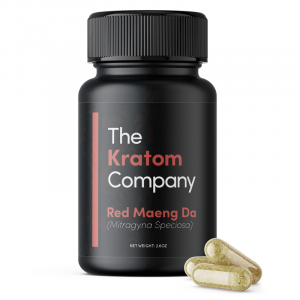 From $24.00Select options This product has multiple variants. The options may be chosen on the product page
From $24.00Select options This product has multiple variants. The options may be chosen on the product page -
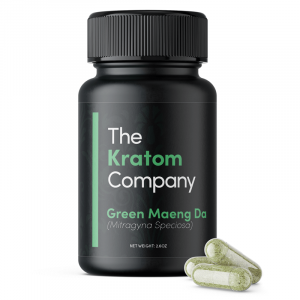 From $24.00Select options This product has multiple variants. The options may be chosen on the product page
From $24.00Select options This product has multiple variants. The options may be chosen on the product page -
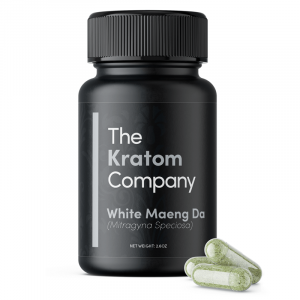 From $24.00Select options This product has multiple variants. The options may be chosen on the product page
From $24.00Select options This product has multiple variants. The options may be chosen on the product page
Explore More Posts
Product Search
Featured Products
-
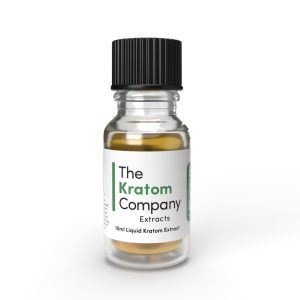 Pure Kratom Liquid Extract
Rated 4.72 out of 5From $20.00
Pure Kratom Liquid Extract
Rated 4.72 out of 5From $20.00 -
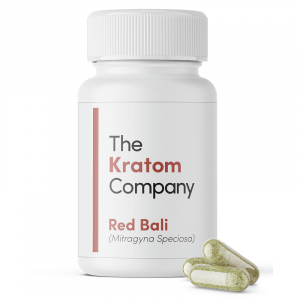 Red Vein Bali Kratom Capsules
Rated 4.70 out of 5From $24.00
Red Vein Bali Kratom Capsules
Rated 4.70 out of 5From $24.00 -
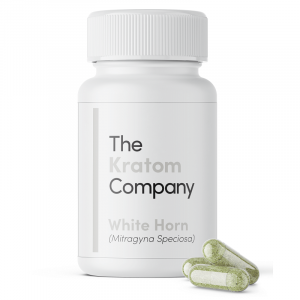 White Horn Kratom Capsules
Rated 4.88 out of 5From $24.00
White Horn Kratom Capsules
Rated 4.88 out of 5From $24.00
Recent Blogs
Follow Us
Strains
Blogs
NEWSLETTER
Sign up for our newsletter!

These statements and products presented on this website have not been evaluated by the Food and Drug Administration FDA. The products mentioned on this website are not intended to diagnose, prevent, treat or cure any diseases or health conditions. Therefore any information on this website is presented solely as the opinions of their respective authors who do not claim in any way shape or form to be medical professionals providing medical advice. The KRTM Company and its owners or employees cannot be held responsible for, and will not be liable for the inaccuracy or application of any information whatsoever herein provided. By purchasing our products you agree that you are aware and in compliance with your local county, state, or federal regulations. Must be 21 years or older to purchase Kratom. The US FDA has not approved kratom as a dietary supplement. We do not ship to the following states, cities and counties in the US where Kratom is banned: Alabama, Arkansas, Indiana, Rhode Island, Vermont, Wisconsin, Sarasota County, FL, Union County, MS, Denver, CO, San Diego, CA, and Jerseyville, IL.





